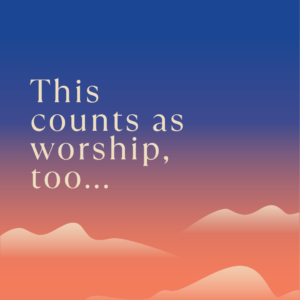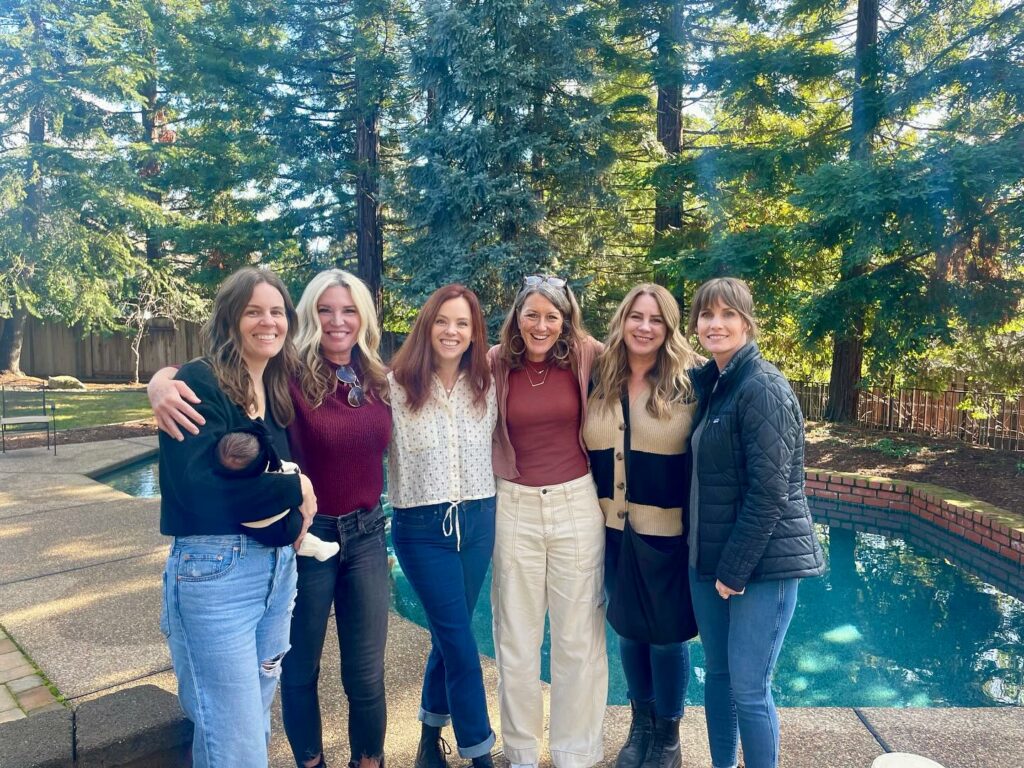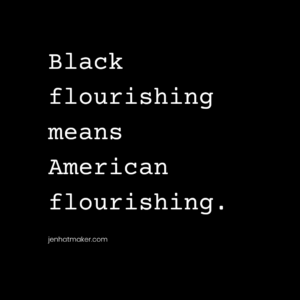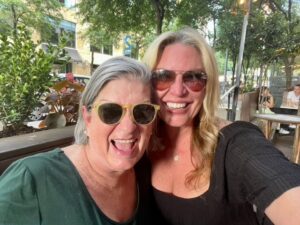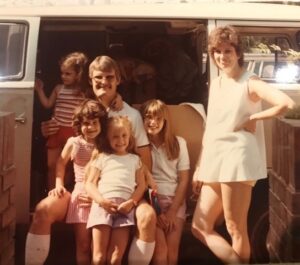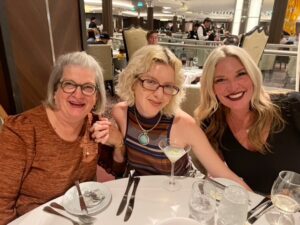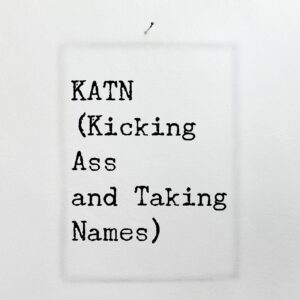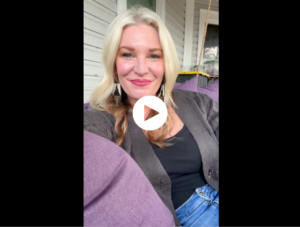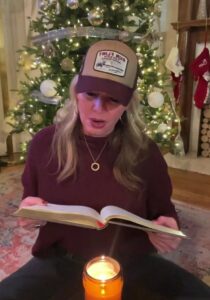One sunny weird day in remote Canada 10 years ago (what is life?), Bob Goff famously said he quits something every Thursday, and I remember thinking: “I need to go to therapy just to recover from that sentence.”

I’ve learned something about myself recently: I am far more resilient at alchemizing change when it happens “to” me.
When someone else makes a choice and it affects me — for better or worse — I know exactly how to adjust my sails. When yet another kid moves out and launches, I recalibrate the shrinking household, the relational change, the start of their independence. When my body goes perimenopausal without my permission, I take my ass to a functional doctor and turn every dial my lab work suggests. I have rebuilt far past the capacity I knew, because I had to.
Somehow, I am the exact opposite when I need to make a change on purpose. My pattern is to stay well past an expiration date. I loathe change that affects other people, and my fixation on loyalty (or is it appearing loyal?) usurps clear data markers that say: “This has run its course.” Against not only my best interests but, frankly, those of my colleagues, I’ve extended the shelf life of numerous partnerships, alliances, and practices simply because I didn’t want to hurt someone’s feelings or forge a hard conversation.
Early last year, I made some really big business moves which included a great deal of change, but good reader, it took me ONE CALENDAR YEAR of weekly business coaching, sleepless nights, and prayers to my ancestors to work up the courage. The mere idea of being a villain in someone else’s story is paralyzing. Perhaps you can spot the outsized hyperbole in even imagining that basic best practices make me an EVILDOER. My business coach once said: “Jen, this is not a Best Friends Convention. This is business, and you’re acting like you are breaking a blood oath.”
Instead of initiating good and right change, I’ve taken the lesser paths of passive aggressiveness, atrophy, and the slow erosion of progress. I’ve made it harder on other people, the opposite of Brené Brown’s brilliant observation that “clear is kind.” My compulsion to be easy has actually made me difficult. And because two dozen other people touch every molecule in my ecosystem, my aversion to necessary change has ground our work down and, to be honest, made a bunch of folks miserable.
Ironically, change has taught me that flourishing is generally directly on the other side. Whether change happened to me and I have to adapt, or I’ve chosen change that was necessary, either way, the result is growth. And hell, in most cases, expansion, relief, and hope. If I would read the room correctly, I should actually look forward to choosing change. It has been a reliable first down marker, no matter how challenging those ten yards were to gain. All reluctance has ever netted is a delay in possibility.
Why do we stay too long? Why do we go too far? There are so many culprits. My preferred batch of reasons have to do with conflict aversion and an outsized perception of how hard/bad/disappointing the change might be for someone else. Apparently it is my life’s work to never be disruptive. This is almost entirely where my change anxiety is located.
There are other bundles to choose from revolving around fear: of the unknown, of failure, of will this actually work. Change means something is about to be new, which is untested territory. We’ve never been in a different career, single, focused on our health, in a new city, liberated from this toxic environment, honest, sober, relationally healthy, spiritually in alignment. We crave those things but haven’t experienced them, so we’re just not sure they exist as promised. And getting there typically means leaving something or someone or somewhere; a precarious ten yards for sure.
I just interviewed the poet Joy Sullivan on the podcast (episode out shortly), and through 10 degrees of separation a few months ago, I stumbled on one of the poems she wrote in her upcoming book, Instructions for Traveling West (releases April 9). It was so profound, I screenshot it, saved it on Instagram, saved it to my photo album, and wrote it in my notebook:
Leap
“Nothing my friends tell me shocks me anymore. No wild dream or unadvisable plan or moonshot idea. Recently, my friend told me she wants to move to Wyoming to be closer to horses. She tells me horses can hear your heartbeat from four feet away. That’s enough for me right there.
Another friend is relocating to Peru. Another to Alaska in search of his true north. Another is adopting a child. Another is turning down a killer job so she can finish the book she’s been trying to write for years. Another is leaving the man of her dreams for a woman.
Look, America is awful and the earth is too hot and the truth of the matter is we’re all up against the clock. It makes everything simple and urgent: there’s only time to turn toward what you truly love. There’s only time to leap.”
The refusal to change, to make choices toward change, to move in the direction of change, to acknowledge change as a profound source of autonomy only keeps us from truly living. That’s the bottom line. Flourishing is on the other side. We should trust its proven process. Until then, we are delaying not only our own blooming but everyone else trapped in our inertia. Clear is kind — to other people but also to ourselves.
When it is clear that change is necessary, even if something perfectly good has simply run its course — just because something is over doesn’t mean it was bad — then we should bless where we have been, honor it for everything it taught us, thank it for serving its purpose…
…and leap.


